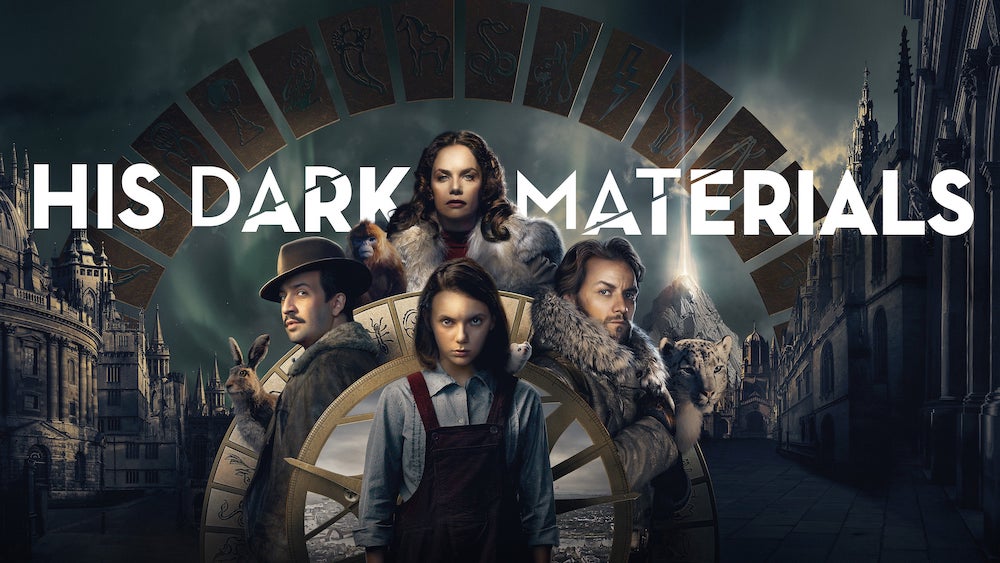The third season of His Dark Materials, the television adaptation of British fantasy writer Philip Pullman’s popular trilogy, wrapped up this winter. While the show, airing on the BBC in the UK and on HBO internationally, was looked to as the next big thing in fantasy adaptations—as production companies continue trying (and failing) to replicate the success of Game of Thrones—it stirs interest of a different vein. There’s no multitude of torrid love affairs or cataclysmic battles, but there is a persistent probing of moral, ethical, philosophical, and theological dilemmas.
Login to read more
Sign in or create a free account to access Subscriber-only content.
Topics:
